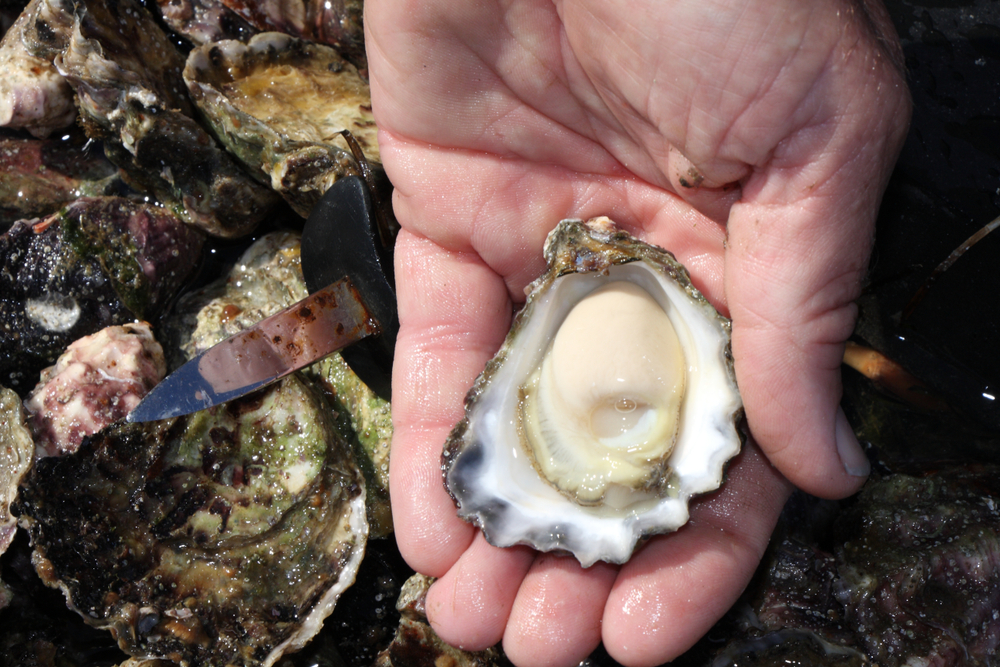Indigenous ARC project hopes to reverse decline of Sydney rock oyster
UNSW Science’s Dr Laura Parker will lead a project which exposes the Sydney rock oyster to climate change conditions over multiple generations in the hope of saving the oyster industry and protecting wild populations.


